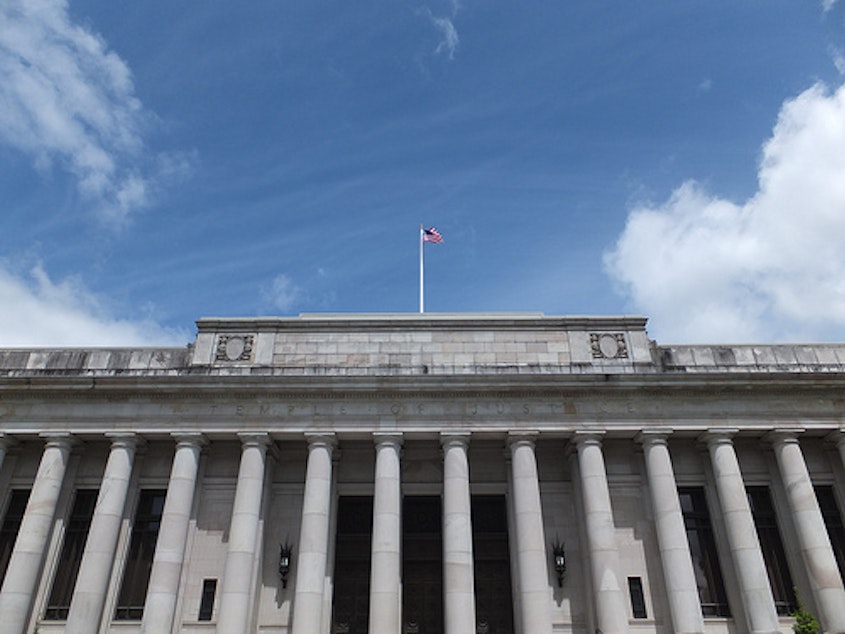It just got tougher to block jurors of color in Washington state

The Washington State Supreme Court has raised the bar for removing jurors of color from an all-white panel.
In its ruling, the high court says courts must now do more analysis to determine if the removal of the juror was based on race.
The court’s ruling stems from the 2013 case of Matthew Erickson, a black man charged in Seattle with unlawful use of a weapon and resisting arrest.
During jury selection, both sides are awarded the right to strike jurors from the panel. During the selection of a jury, when the attorney for the City of Seattle used one of his strikes to remove the only black juror from the panel, Erikson’s attorney objected, claiming the strike was racially motivated.
He was overruled.
Sponsored
The Supreme Court disagreed with that judge’s ruling, and Erickson will get a new trial.
In the majority opinion, the court said striking a juror who is the only member of a racial group should be considered a "showing of racial motivation."
The high court ruled that when attorneys try to remove the only person of color from a jury, the court must ask for a race-neutral reason.
The court then must decide if race was a factor in the challenge. Attorney Anita Khandelwal, policy director at the Office of Public Defense, said the ruling addresses a small part of a big problem.
“Once you’re in the jury pool, it asks the court to analyze carefully when people of color are being removed from that jury pool," Khandelwal said. "But it doesn’t fix the problem of not having enough people of color in the pool in the first place.”
Sponsored
Researchers have determined that racially diverse juries spend more time deliberating, make fewer errors and result in fairer trials than non-diverse juries.
But that’s a challenge in Washington. A recent report to the Supreme Court found that in most counties, juries are all white.
In a statement, the City Attorney’s office said it welcomes the Supreme Court’s refinement of the rule, as it provides clarity for trial courts in this narrow situation. But the office maintains that the strike against the juror was not racially motivated.
Read the state Supreme Court's decision here or below.

